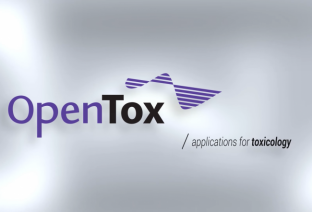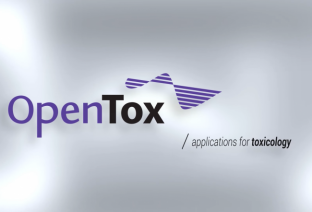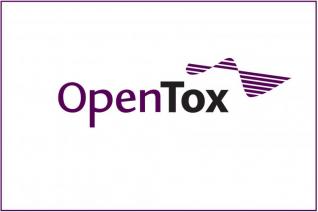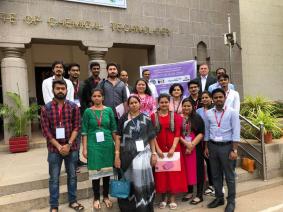Work and think like a community
Samik Ghosh, Systems Biology Institute (SBI), will chair the OpenTox Asia 2018 session on New horizons in toxicology at the intersection of science and technology.
Why is it important to come to OpenTox Asia? How can participating in this meeting help scientists in the Asian region?
Toxicity is going through a paradigm shift with the advent of new technologies, big data in biology, analytics and AI techniques together with change in the regulatory landscape. Open collaborations, shared data and analysis, reproducible workflows and community are going to be key drivers of change in 21st century toxicological studies.
The OpenTox platform provides a unique glimpse into the future of toxicology studies. OpenTox Asia promises to showcase case studies and experiences across a broad spectrum of topics relevant to researchers and practitioners in the field. OpenTox Asia has a robust scientific program and promises to be a meeting of minds to interact, connect and discover the latest trends and technologies for safety assessment.
Can you think of an example of how the topics to be discussed are especially relevant to Asia?
Toxicity studies affect all domains and industries globally. Specifically, toxicity and safety assessment of drugs are becoming increasingly important in ageing societies where people need to take more drugs to maintain their health and wellness. This is particularly true in Japan and some other parts of Asia where the population is greying rapidly. In this context, what the role of safety assessment will be needs to be revisited. What will be the role of real-world evidence (RWE) data for safety in older people? What new modalities will allow us to collect, connect and correlate such RWE toxicology data with other molecular dimensions? Such topics are very relevant in an Asian context and will potentially be focus areas of OpenTox Asia.
You will also give a talk as part of Session 4, whose focus is on big data and artificial intelligence.
The meteoric rise of big data and AI has opened hitherto unexplored frontiers in different domains. Biology and healthcare are also poised to leverage developments in AI and advanced analytics techniques. How such developments can be customized in the context of toxicology will be explored in this session, a highly pertinent and timely session which will explore state-of-the-art work at the intersection of toxicology, system sciences and AI. Most of the current techniques in AI are dependent on the data and, thus, the models need to be cognizant and customized on specific data sets. In this respect, it is important to look into the Asian context and the unique features of Asian data sets and how existing models can be customized and leveraged in Asia. This session will allow scientists working in Asia to explore existing models and how they can be tailored for Asia.
The speakers in this session provide a diverse set of expertise in the application of computational techniques in systems-level approaches to toxicology studies and beyond. I envisage cross-pollination of ideas, techniques at the intersection of data, analytics, machine learning as well as identification of unique features in working on toxicology data across different studies in Asia and globally. I am looking forward to getting new ideas for the application of machine learning and modelling techniques in toxicology and to learning the promises and pitfalls from the shared experiences of the other experts and participants in this session.
You will talk about New Horizons in Computational Technology. Can you already offer an idea or insight, maybe in the form of a question to spark interest?
I believe we are at a cusp of re-imagining toxicity studies in the 21st century. Regulatory changes, new modalities of platforms, data, analytics and devices are opening new challenges and opportunities in toxicology. I want to explore these landscapes in my presentation with some glimpses into the role of these modalities. I would like to hear from the audience what their thoughts are on this paradigm change. Is this a perfect storm or perfect opportunity? What pain points are they facing today in toxicology studies? What is the role of real-world evidence captured from sensors and wearables in toxicology studies?
What kind of contribution would you like from the audience? What would you like them to take away?
I believe no technology solution can work in a vacuum without inputs on real-world issues and data. I would encourage and appreciate participants to raise the real issues they are facing in toxicology studies - be it in research, regulatory space, technology or analytics space and give inputs on how the technologies and platform which we talk about can and cannot help in solving those problems. As for the takeaway, I hope everyone who comes to OpenTox Asia will have the opportunity to think and work as a community to pick up the right signals from the vast opportunities at the intersection of computing and technology in ushering in the new age of toxicology studies.





